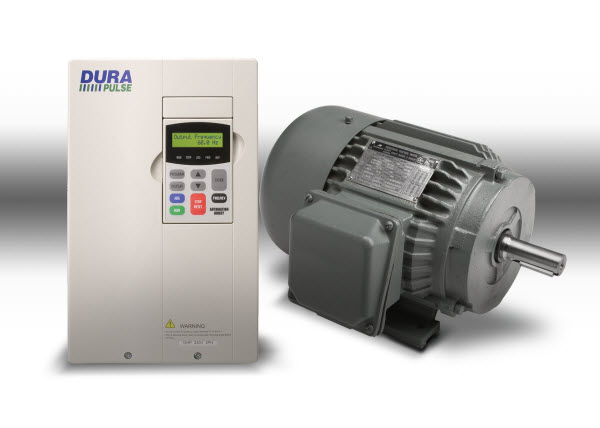All factory automation involves some sort of moving machinery, and the most common source of that motion is an electric motor. Whether you need an AC or DC motor – or if your application requires speed, position or even torque control – there is a motor and control technique to provide that motion. Simple systems use on/off control (sometimes called “across the line” control), some need an AC or DC drive or a soft starter. More sophisticated systems may even require PID or another feedback loop for extremely tight control. Whatever the application requires – Automation Direct has you covered!
Knowing which technology to use for each application is critical for cost effective and efficient control of your factory processes. Big savings are possible when you find the right equipment at the best price while also saving in other areas like technical support, shipping costs, fast delivery, warranties and more. This is why AutomationDirect works so hard to provide the best prices in the industry for the best quality products, along with award-winning FREE technical support, a vast library of training videos and documentation, the best customer service in the industry, FREE and FAST 2-day shipping for orders $49 and over, and 30-day money-back guarantee on practically every product we sell. Go ahead, we invite you to check out our videos, blogs, documentation and more for our motors, motor controls, soft-starters, drives, motion control systems and so many more products that help you move, push, spin, shift, convey, rotate, and control each of your automation challenges.
Looking for even more content? Click on our Product tab to see more articles on AC motors and controls!
AC Drives Focused on Energy Conservation
Selecting Motors for Industrial Applications
Converting a Mill/Drill and Installing a VFD

Check out this article from Pumps and Systems about the added benefits of a VFD and find out if it’s right for your application. Read more.

